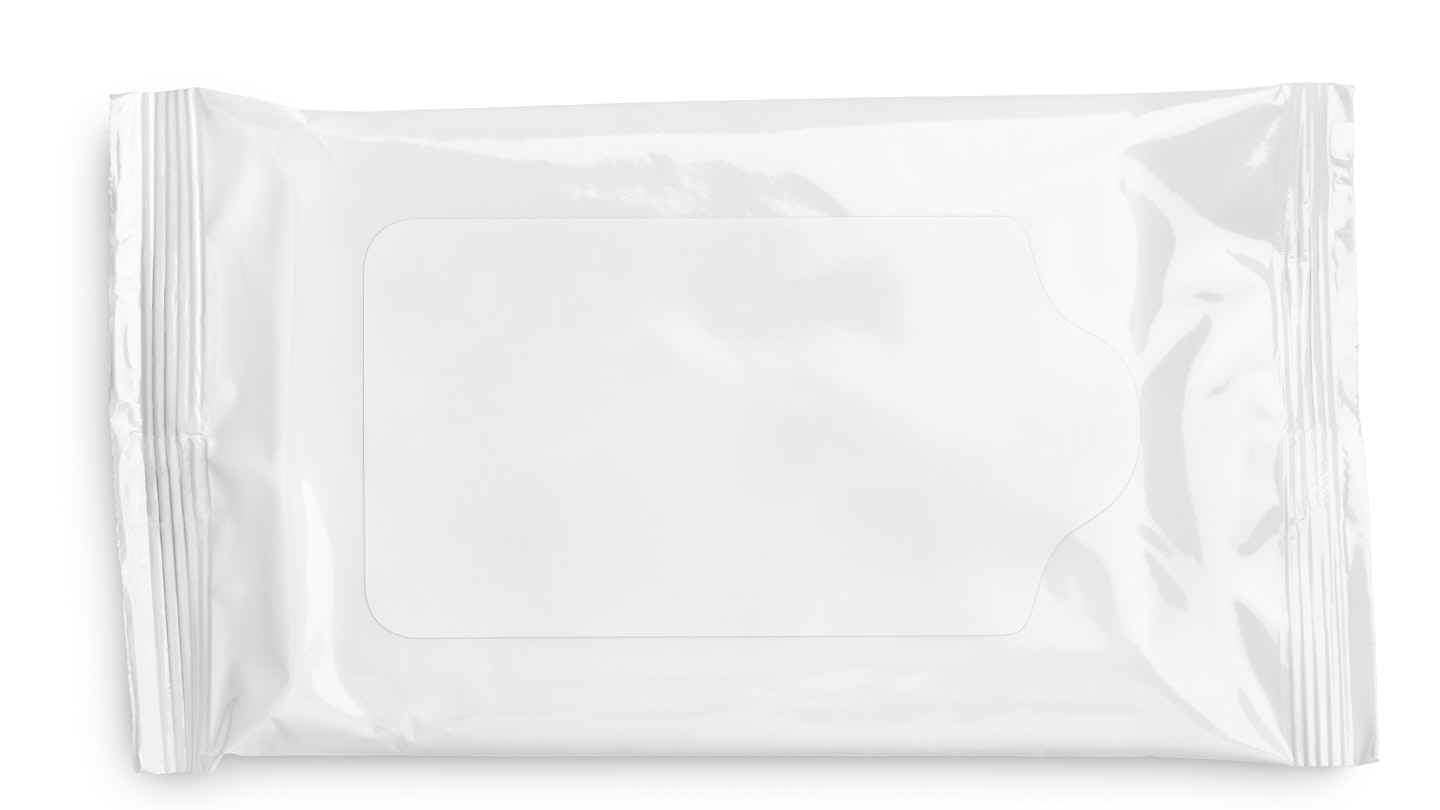The kitchen surface is mucky, wipe it. The toilet seat is grubby, clean it. It’s day two of Glastonbury and like many life moments, wet wipes are essential. But, after we’ve swept up the mess, washed off the grub, the life of a wet wipe is not over.
As David Attenborough’s Blue Planet II was the most-watched TV show of 2017 we’re no longer in the dark about the dire straits of our oceans. Plastic is working its way into our diet via fish swimming in polluted waters, baby birds are choking on microbeads and plastic bags are strangling our sea creatures. The truth isn’t cute.
Whether it’s a ploy to distract us from Brexit or a positive campaign mission, the government is waging war on plastics. First, they came for plastic bags by adding on a mandatory cost (merely 5p mind), then they banned microbeads and now they are coming for straws, cotton buds and wet wipes. It’s laughable to think that your straw may be outlawed but the plastic throwaway cup you’re sipping from isn’t and the same goes for the the wipe debate - the product may be banned but its packaging isn't. But, so goes this single-use plastic debate - rather than focusing on the institutions mass-creating plastic, the government are targeting specific products without offering feasible long-term solutions.
At the centre of the debate is DEFRA (the Department for Environment, Food & Rural Affairs) who are campaigning to have ‘eliminated…single use products like wet wipes’ within the next 25 years. After the legendary London fatberg, which was a 130 tonne mass of wet wipes, cotton buds, sanitary towels, nappies, condoms and cooking fat that plugged the sewer system under Whitechapel, it’s no surprise DEFRA are transfixed by this objective.
Everyone from the homeless to the new mother to the festival goer is united by this simple, quick fix product. It’s likely you’ve removed your make-up with such an item, cleaned your counters and a baby’s bottom. But, as the wet wipe battle wages on everyone has overlooked the fact that a biodegradable option already exists. While less accessible than a multi-pack at Boots, it’s still a relatively cheap product.
The brand Yesto explains their ‘wipes are made with 100% cellulose, a natural polymer that forms part of the living cells of all vegetation. Cellulose is biodegradable, compostable, and renewable. Our wipes are FSC (Forest Stewardship Council) certified. Unlike other wipes, we do not use plastic “binders”. Yes to wipes are always bound using a technology called Spunlace, this is a process that starts with carded web and entangles long staple fibres with high-pressure water jets. Spunlace does not use any latex material to bind the fibres, only high pressure.’ Similarly, Childs Farm, which specializes in baby wipes say, Our wipes contain over 99% natural ingredients and are completely biodegradable. They are scented with natural grapefruit and contain organic tea tree making them smell of zesty freshness; they smell of ‘clean’. Our wipes contain no artificial colours and they are free from parabens, SLSs and mineral oils.’ In other words, the alternatives are already out there, we just need to start looking out for them.
Shop: Biodegradable Wet Wipes
Grazia: Biodegradable Wet Wipes
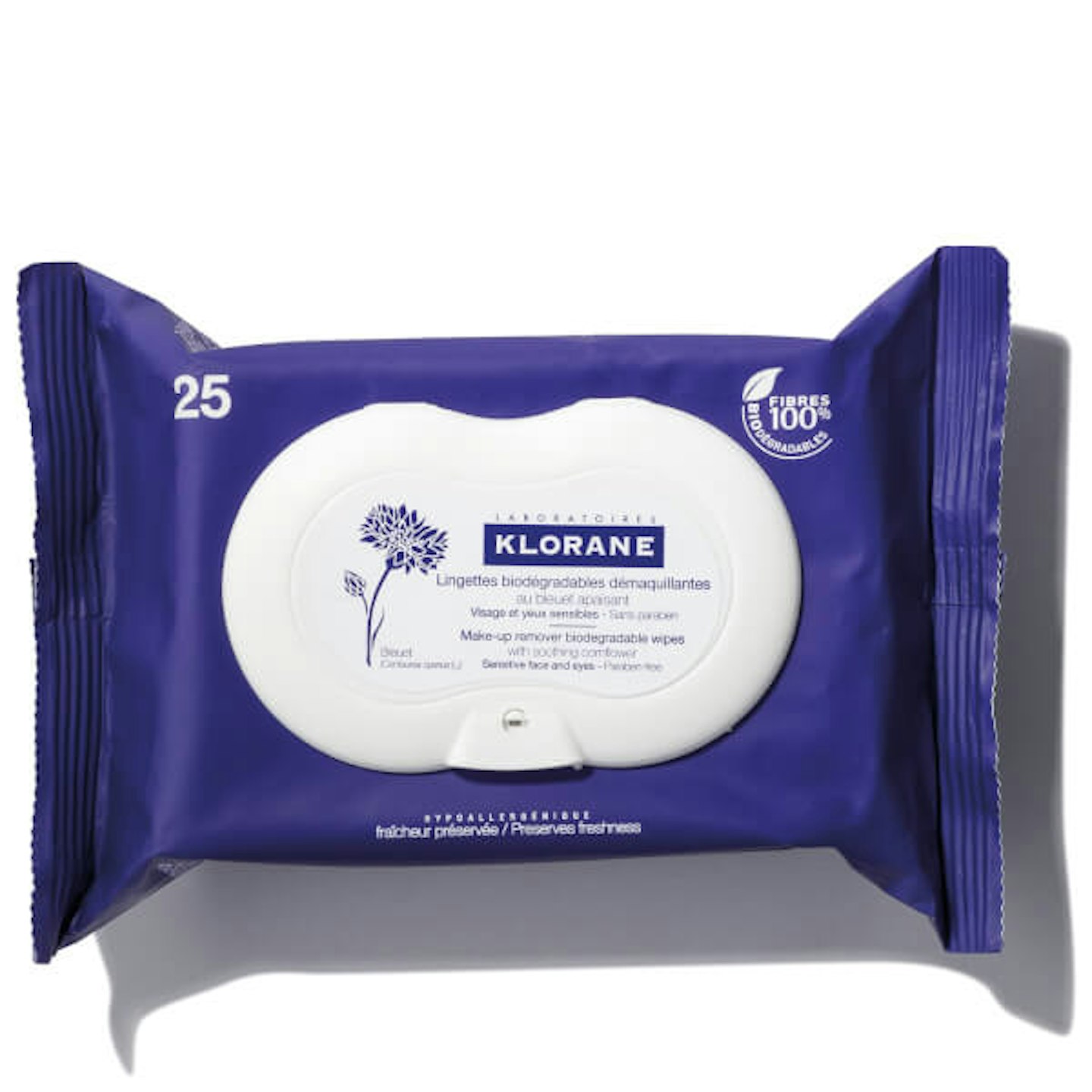 1 of 7
1 of 7Klorane, Soothing Make-Up Removal Wipes With Cornflower, £7.50
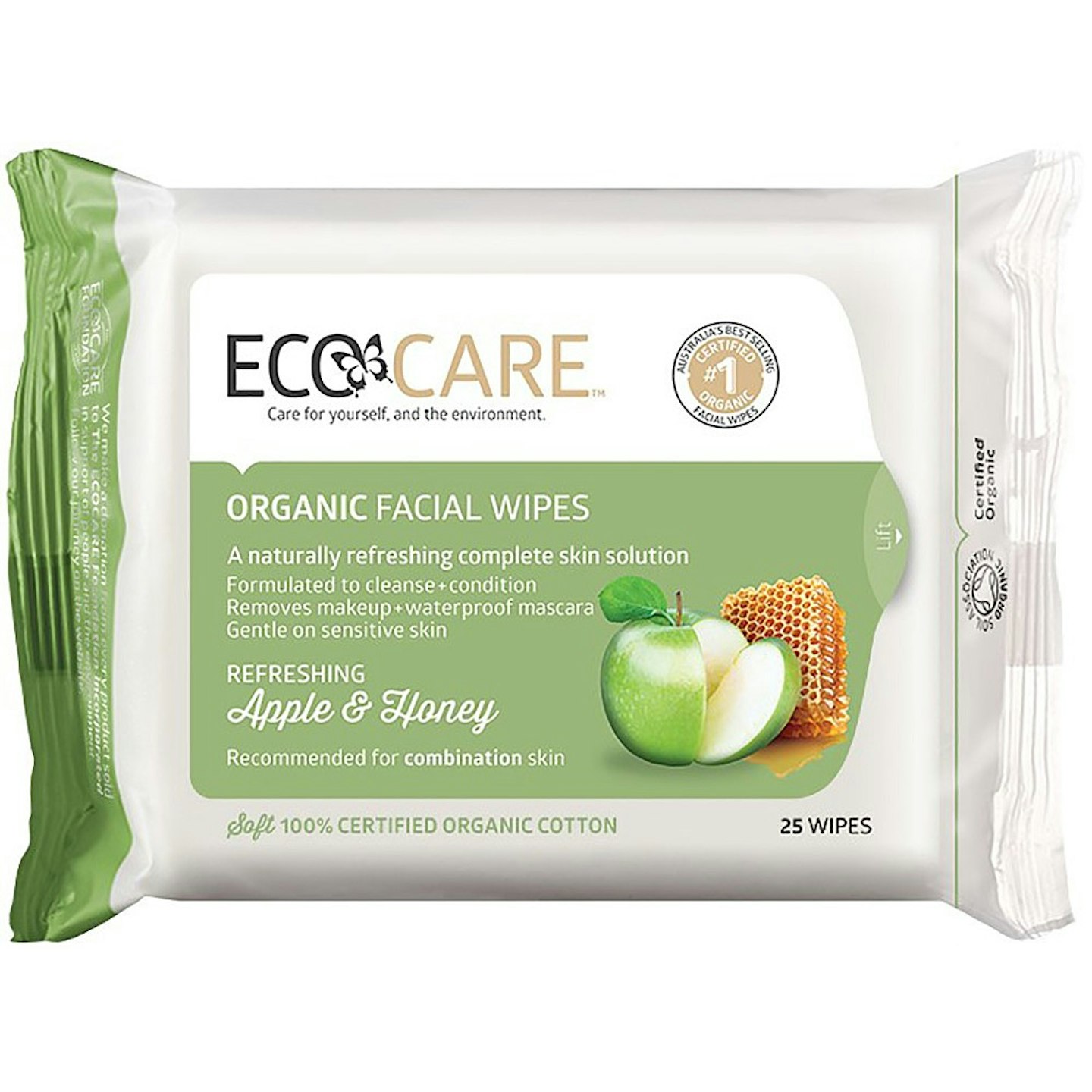 2 of 7
2 of 7Ecocare, Apple Honey Face Wipes, £5, Planet Organic
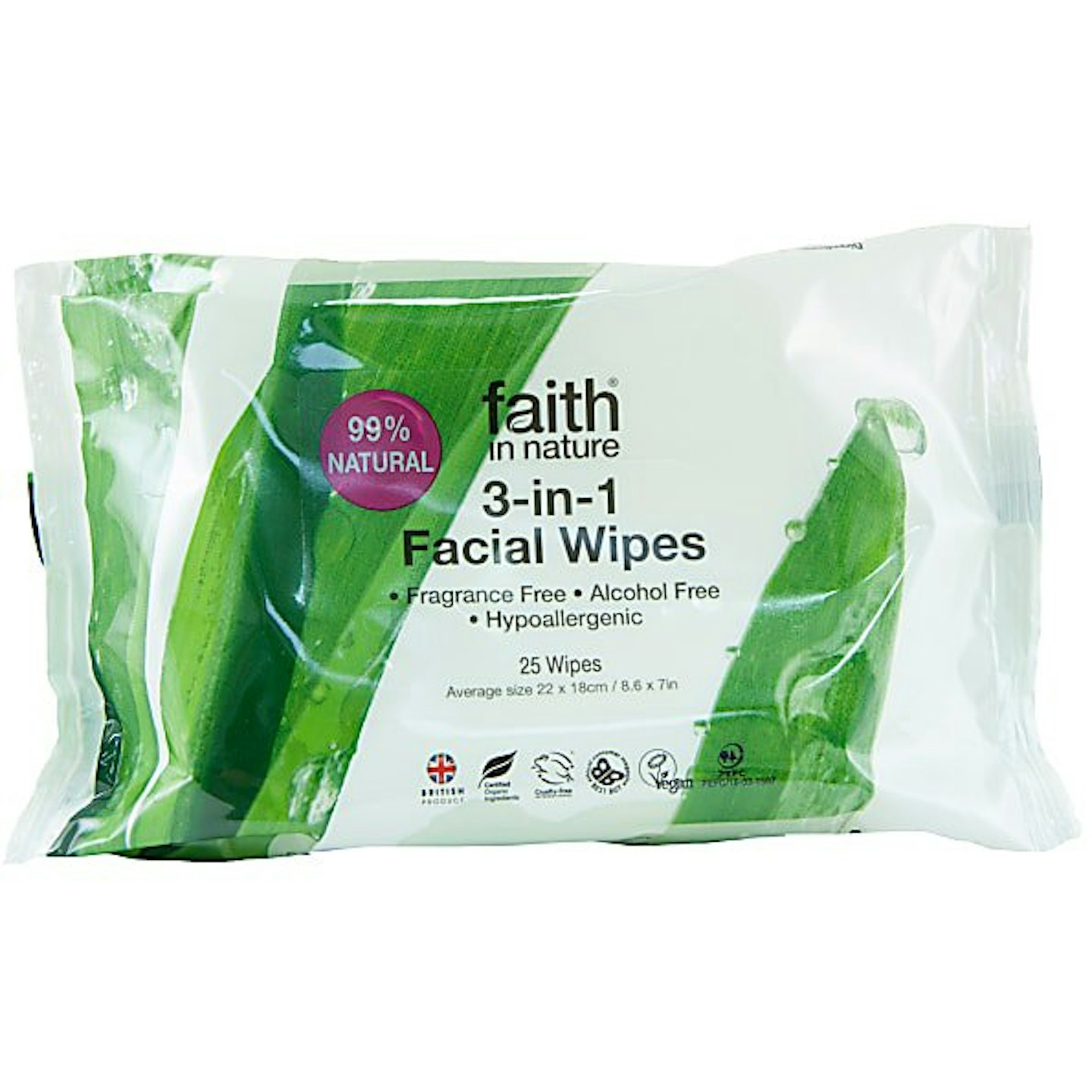 3 of 7
3 of 7Faith In Nature, 3-in-1 Facial Wipes, £3.25
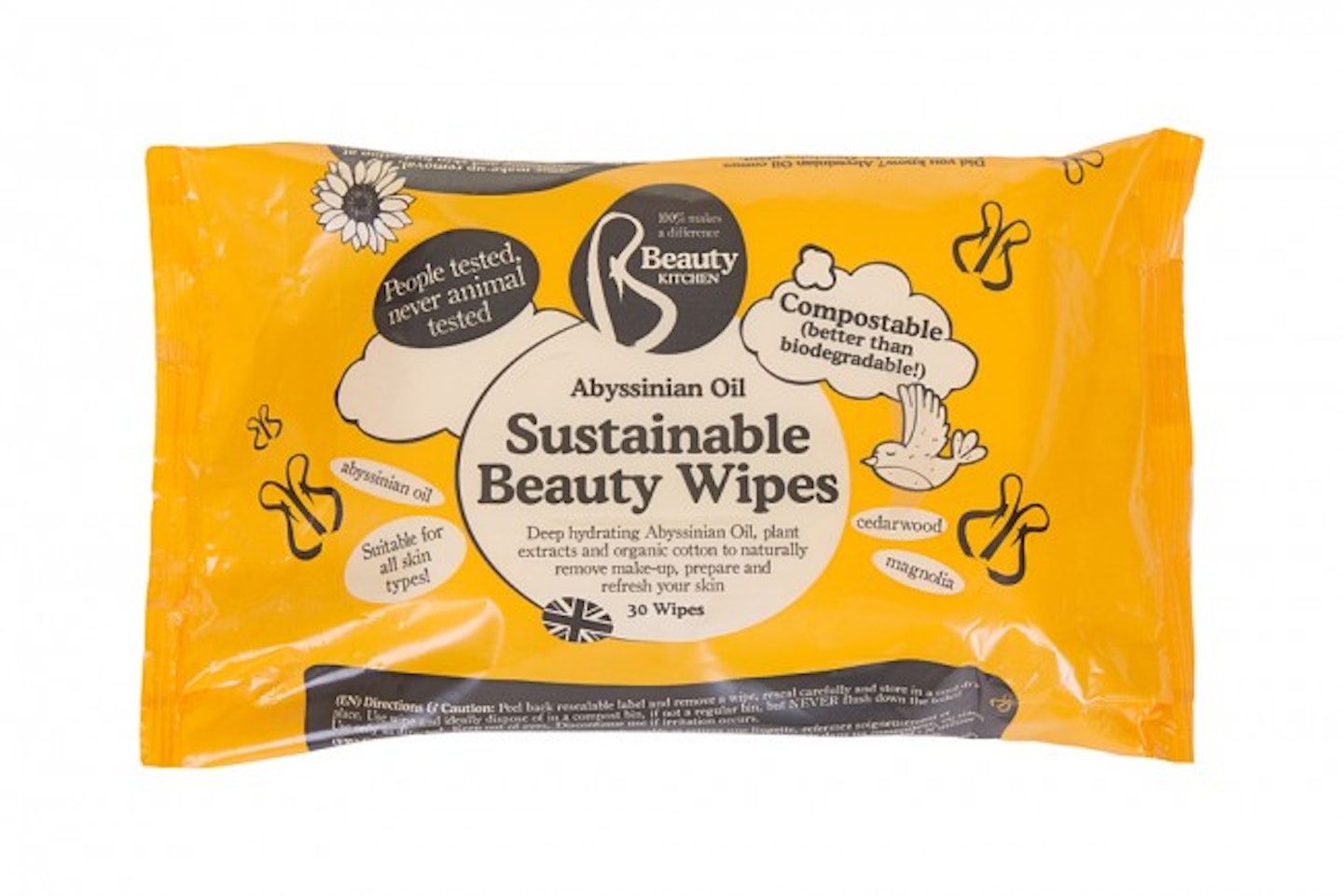 4 of 7
4 of 7Abyssinian Oil, Sustainable Beauty Wipes, £5.99
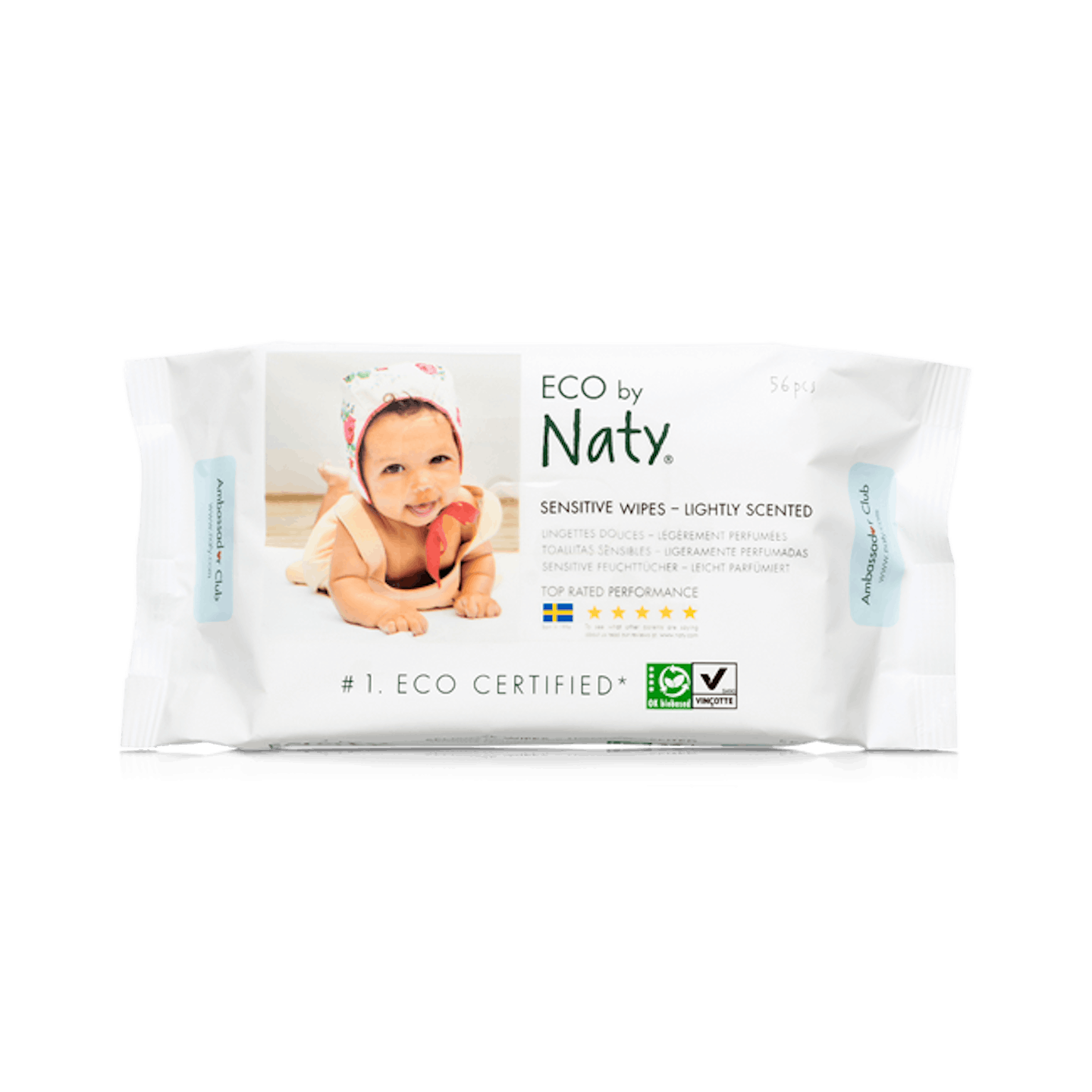 5 of 7
5 of 7Eco by Naty, Wet Wipes, £2.95
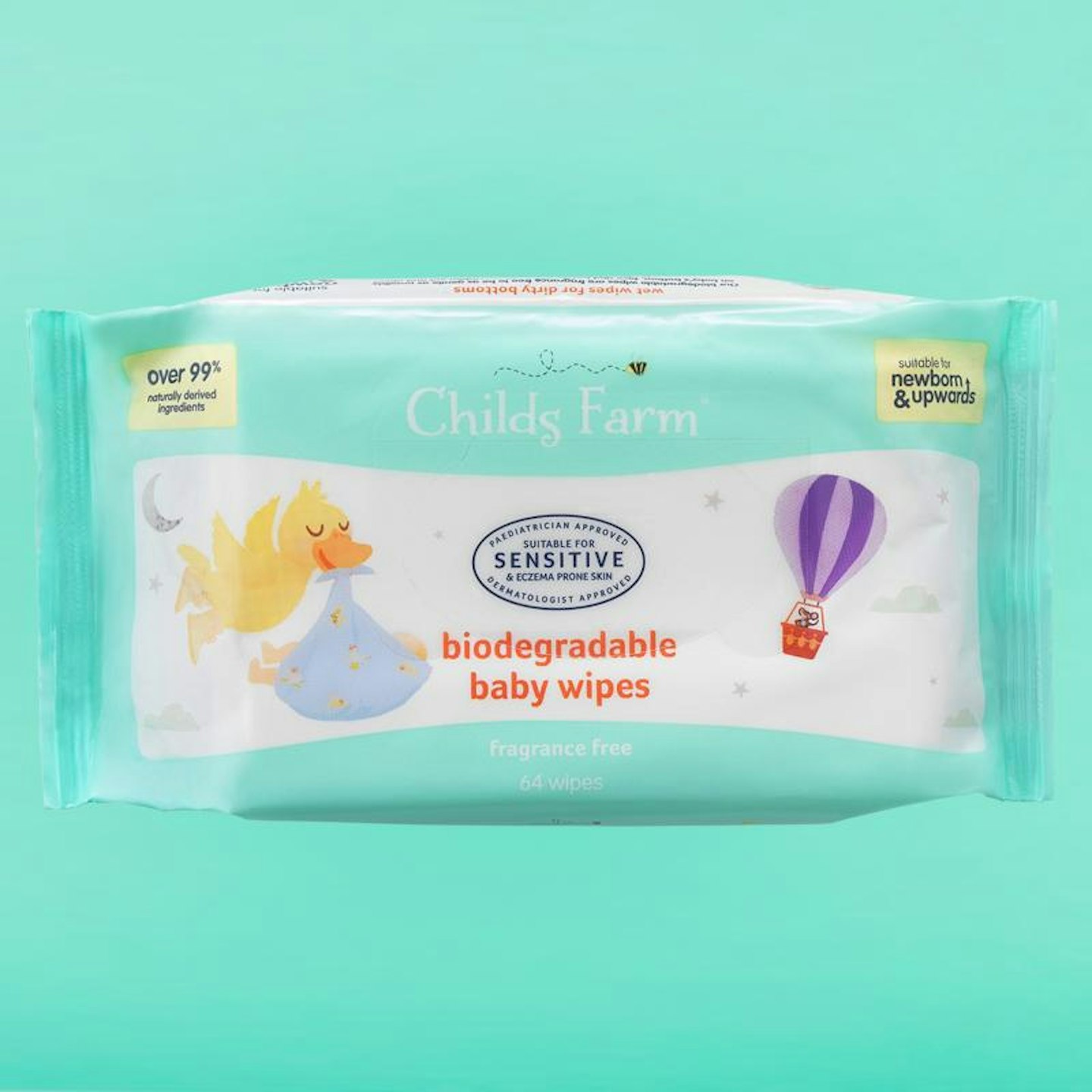 6 of 7
6 of 7Childs Farm, Biodegradable Baby Wipes Unfragranced, £2.50
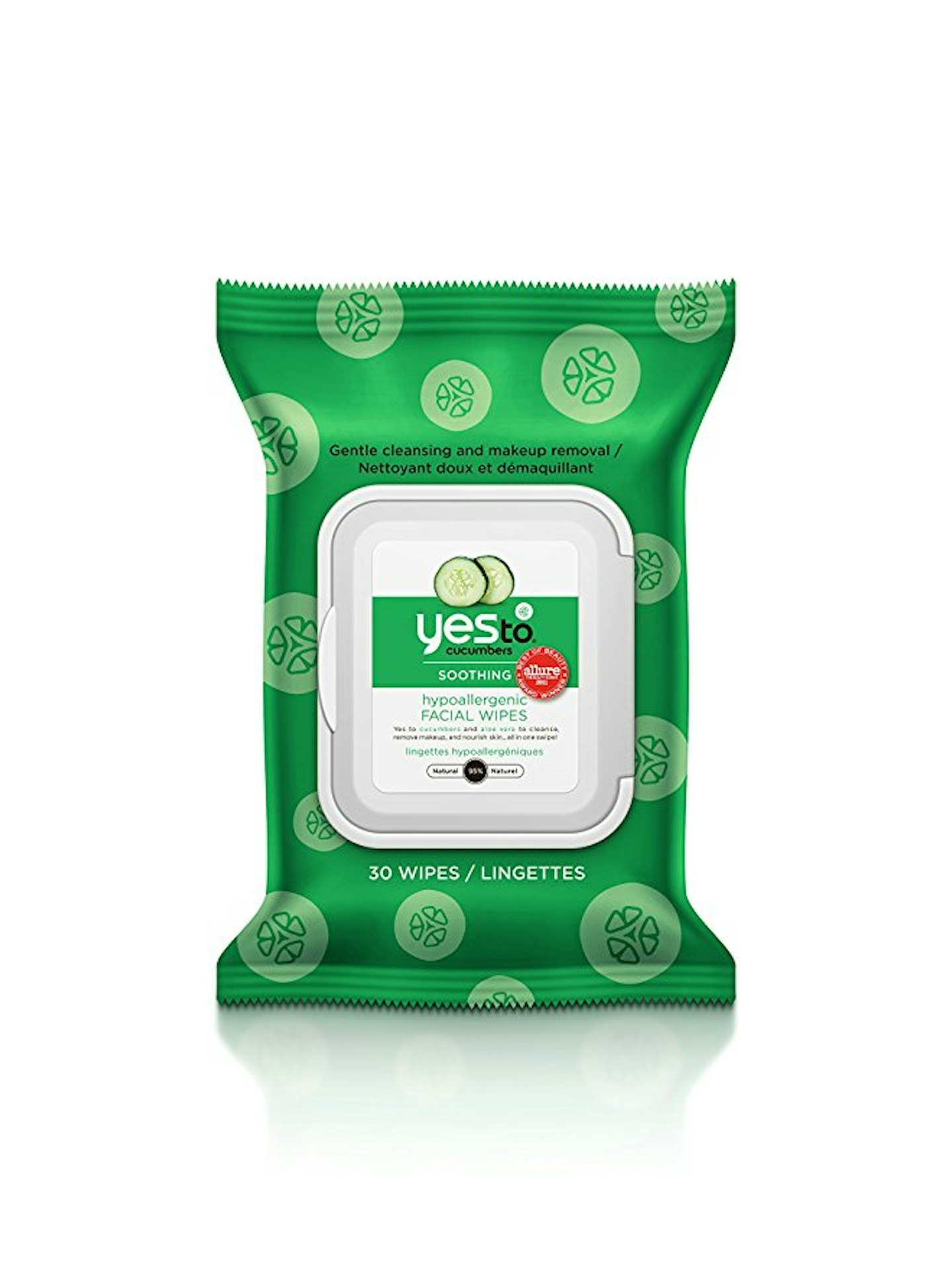 7 of 7
7 of 7